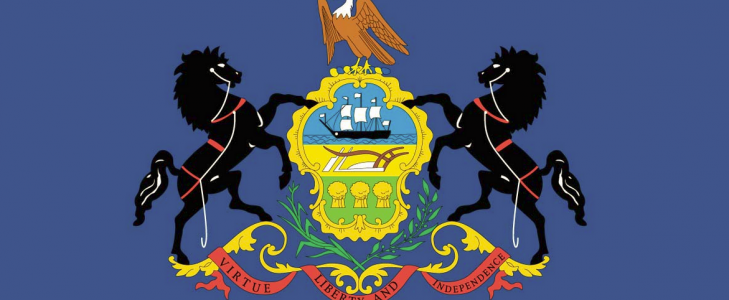Pennsylvania remains very serious about legalizing online gaming after holding a late-March hearing on the matter in the House Gaming Oversight Committee. And Jan Jones Blackhurst, the vice president of Caesars Entertainment, was one of the key figures to testify at this hearing. Here’s a quick look at the main points from the meeting, including lots on what Blackhurst had to say.
Online Gaming is already happening in Pennsylvania
Blackhurst made sure to note that just because iGaming isn’t regulated in Pennsylvania doesn’t mean that it’s not already happening. And the offshore sites that are offering iGaming to PA residents aren’t providing any tax revenue. “Today’s reality is that Internet gambling is taking place in all 50 states, almost all of it illegally,” she said. “It’s an environment that’s ripe for fraud and criminal activity and it provides no tax revenue.”
Regulated iGaming provides a safer alternative
The argument that regulated online gaming protects consumers from UB Poker and Full Tilt-type incidents is one that’s been pushed by several states. And Blackhurst made sure to do the same by pointing how Delaware, Nevada and New Jersey are providing safe iGaming alternatives. “The online gambling experience in the states has been successful in the jurisdictions where it has been tried,” she explained. “One of the simple things we need to realize is that Internet gaming is here to stay, whether it is illegal or regulated.”
Plenty of age verification systems in place
According to Mainline Media News, Blackhurst explained that there are definitely enough age verification systems to ensure that online gamblers are 21 or older. Going further, nobody should be able to play online poker and casino games for real money without providing age-verifying details. Blackhurst added that since launching in New Jersey’s iGaming market, Caesars has never had an underage gambler.
Online Gaming doesn’t cannibalize the land-based market
In response to the age-old argument that iGaming cannibalizes land-based casinos, Blackhurst pointed to data in New Jersey as evidence that this clearly isn’t the case. A study in the Garden State revealed that 80 percent of iGaming customers had never been to a land-based casino, and another 15 percent were inactive gamblers who began playing when online gaming was legalized.
Up to $43 million in tax revenue
Both an H2 Gambling Capital study and state-commissioned research indicates that Pennsylvania could earn around $300 million annually by legalizing online gaming. And $43 million of this would be taxable revenue for the Keystone State.
Pennsylvania must stay competitive
John Payne, the state rep. who’s introduced HB 649, which would legalize all forms of iGaming, discussed how important this matter is to staying competitive with surrounding states like Delaware and New jersey. “It’s not 2004 (when casinos became legal in Pennsylvania),” said Payne. “Things have changed and if we don’t stay progressive, it won’t be those casinos in Atlantic City closing, it’s going to be the casinos here.”
